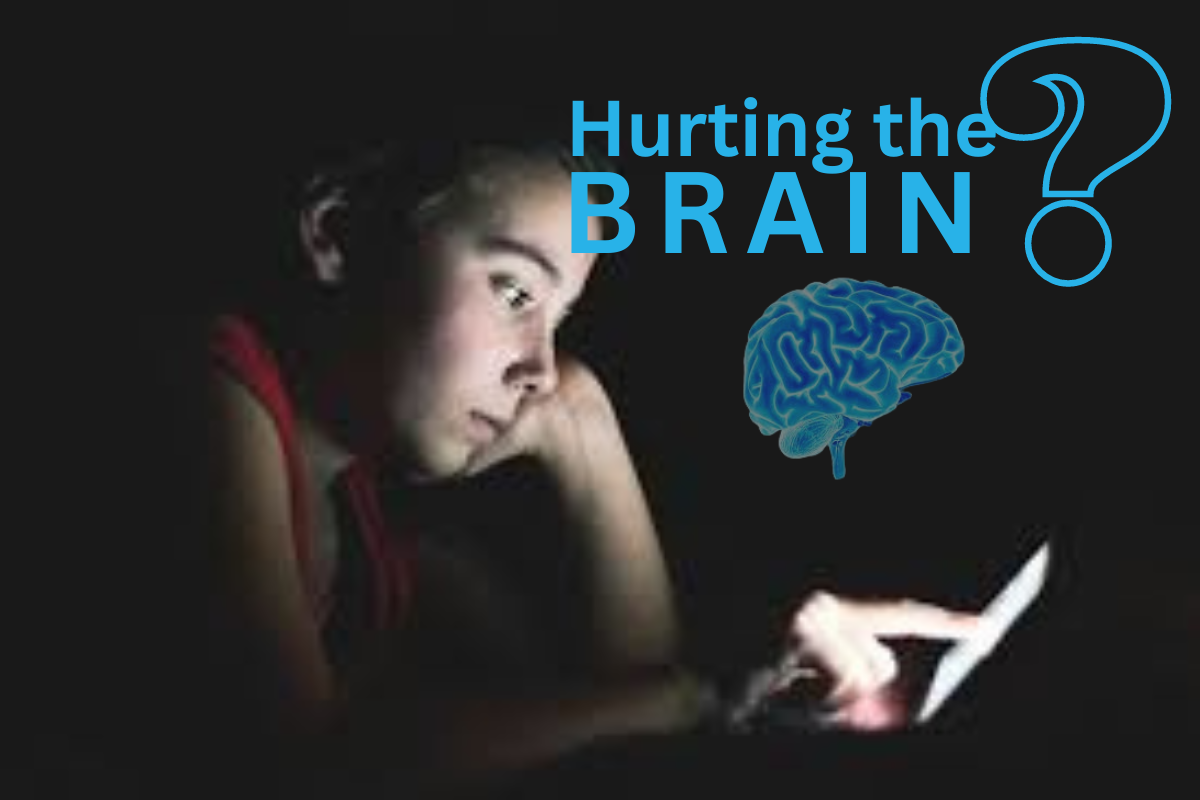Dr Wendy Suzuki, a renowned neuroscientist and memory researcher told Steven Bartlett, the host of the popular podcast ‘The Diary of a CEO’, “Screen addiction limits your potential for brain growth, for brain plasticity. It is going to limit your possibility for joy in your life. There are different kinds of joy that you have in real person-to-person social interactions that feels pretty good on social media if you get lots of likes, but it’s not the same.”
The phrase “frying your brain” describes the growing harm that comes from using your phone excessively. It implies that frequent smartphone use may overstimulate and perhaps hurt the brain due to stress reactions and continuous dopamine surges.
Dr. Suzuki said on the podcast that our growing reliance on smartphones is altering our neural pathways, decreasing our capacity for brain development, and ultimately having an adverse effect on our general health.
She also discussed the negative effects of greater screen time, particularly social media use, on mental health, including increased anxiety, depression, and a decline in interpersonal relationships.
Dr. Suzuki pointed out in the chat with Bartlett that social media apps and smartphones seem deliberately designed to be addictive.
She likened the experience of heavy usage to gambling. She said, “Social media is … like pulling the slot machine handle. I pull down on the feed and I get a ping. ‘Oh look there’s a nice picture’. ‘Oh ping, there’s notifications and comments’. It’s that constant… dopamine hit,”
According to her, the reward centers of the brain produce dopamine in response to the continuous barrage of notifications, likes, and new posts.
She noted that users eventually develop a craving for this stimulation, which can result in obsessive behaviors like constantly checking their smartphones and social media.
Dr. Suzuki also mentioned the effects of smartphones and social media on the developing brain. The researcher stated that although smartphone use affects individuals of all ages, she is particularly concerned about the effects it has on the youth.
“When kids started getting smartphones and started to spend more and more hours a day on social media, that’s when the anxiety and depression went up.”
The renowned neuroscientist observed that “huge increases in depression and anxiety levels, particularly in young girls” correlates with greater usage of smartphones and social media.
She said that the enormous stress experienced by teenagers is made worse by the continual comparisons, and access to social media stats such as views, likes, comments and the likes.

Dr. Suzuki emphasized that our capacity to form meaningful and genuine connections with other people is being negatively impacted by the alarming addiction to smartphones.
“There’s no substitute for real human connections when it comes to brain health and emotional wellbeing,” she explained.
She went on to say that one-on-one and face-to-face social interactions can engage important brain areas in ways that digital connections can never match.
The neural pathways that support empathy, emotional intelligence, and genuine relationships may be “atrophying” if we are always reaching for our mobile devices rather than interacting with others around us, the researcher said.
How to make wise use of smartphones
Additionally, Dr. Suzuki discussed methods that people may use to have a healthier interaction with their digital gadgets. She provided a number of evidence-based tactics for addressing smartphone addiction and promoting improved brain health.
She suggested doing a digital detox by putting your smartphone away for extended periods of time in order to break bad habits like constantly checking it.
According to her, this may lead to more productive alternatives for passing the time.
She said, “Exercise immediately decreases anxiety and depression levels… Ten minutes of walking can significantly decrease your anxiety and depression levels.”
And added that physical activity naturally boosts mood, reduces stress and enhances general wellbeing.
“Take three deep breaths…that’s the only thing you have conscious control over that can launch all the rest of that parasympathetic activity slowing your heart rate.” She advised as a means of relaxing and cutting off the stress that comes from constantly being online.
Dr. Suzuki believes that practicing mindful meditation improves one’s capacity to enjoy the present moment rather than depending on some form of stimulation all the time.
One of our most basic wants, the need for human connection, may be satisfied by increasing our face-to-face contacts.
She advised people to reframe their anxiety, despite the widespread idea that anxiety should be eliminated. She suggests that we should see it as an early warning system that identifies our true priorities.
According to the researcher, anxiety may be reframed to be a tool for personal development.
Dr. Suzuki said, “We have an opportunity every single day to make our brains as healthy as it could be.” And that regardless of the huge challenge smartphone addiction poses, we can still find ways to adjust ourselves accordingly and live balanced and healthy lives.







